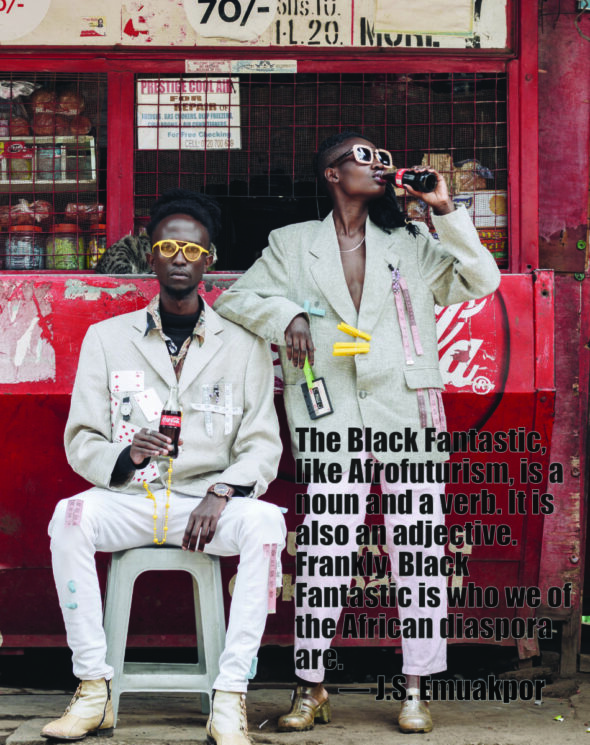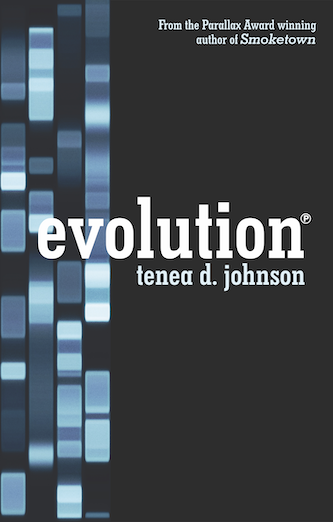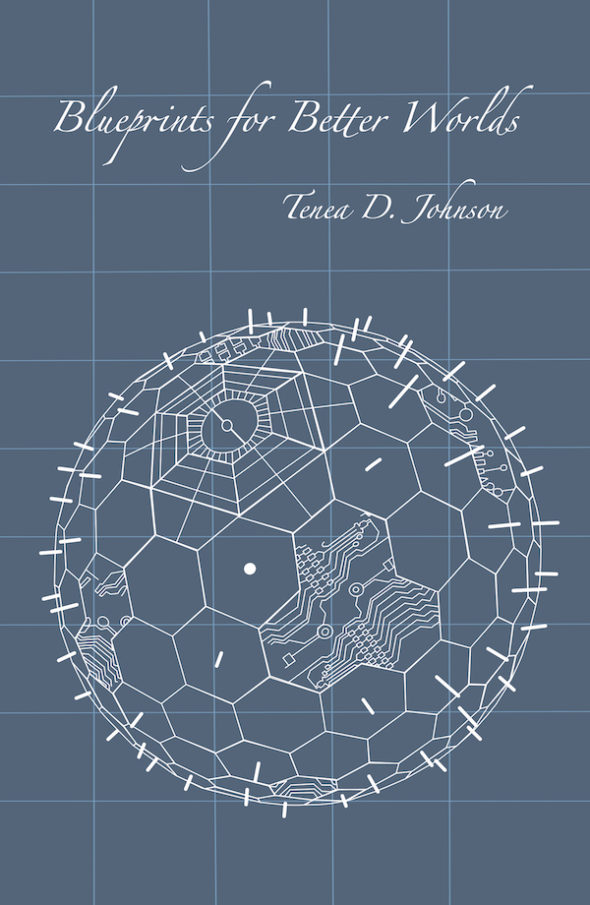3 Minutes with J.S., Author of Queen of Zazzau

Original Photo By Breston Kenya from Pexels
Kicking off the final week the Afrofuturism and the Black Fantastic storybundle will be available, we have J. S. Emuakpor to share her views Afrofuturism and the Black Fantastic mean and could mean as well as more about her work.
Describe this work in 3 words.
African history reimagined.
How do you define Afrofuturism?
Afrofuturism is not so easy to define, because it is both a noun and a verb to me. It is a movement as well as a product. Afrofuturism is what lies ahead for the African diaspora. It’s our endpoint, our “Ultimate Form.” It is the African diaspora as seen through the lens of Speculative Fiction.
How do you define the Black Fantastic?
The Black Fantastic or Afrofuturism. Which came first? I think, in this case, the relationship is not linear. The Black Fantastic refers to the manner in which Blackness has shaped and reshaped popular culture across the world. It is so completely intertwined with Afrofuturism that the two concepts are often interchangeable. The Black Fantastic, like Afrofuturism, is a noun and a verb. It is also an adjective. Frankly, Black Fantastic is who we of the African diaspora are.
What was the most difficult story/part of your novel to write? Why?
The most difficult part of Queen of Zazzau to write was the god of war. When he and I started his journey, I could only see him through the eyes of my protagonist, and she hated him. He was cold and seemingly cruel. Until, one day, I looked into his heart and saw him for what he truly was. After that, I had to figure out a way to keep his edge without the reader hating him, because he wasn’t the awful person that I had believed him to be, and I didn’t want the readers to think that he was. Fine-tuning his interactions with the main character was difficult, but I think I succeeded.
What’s on your desk?
The real question is: what isn’t on my desk?
What direction would you like to see Afrofuturism and/or the Black Fantastic go? What would you like to see come of this moment of greater recognition?
I would like to see more mainstream speculative fiction written by and featuring the African diaspora. I would like to see the Afrofuturism/Black Fantastic movement spur real change in the way people of color are viewed by the world. I want the world to know that we are so much more than what *they* tell us we are. We are accomplished, we are brilliant, and we can slay orcs as well as any Tolkien hero.
What influences your work? People, other fields, other authors, events, histories?
Everything I come in contact with influences my work. But mostly, I am influenced by the Nigerian culture in which I was raised. Our myths, our fears, our superstitions. All of these things are present in my writing.
What are you working on now?
I am currently working a few projects. Two are in the same series as Queen of Zazzau and will feature African gods and monarchs. The one that has been getting most of my time in the past few weeks, however, is a world-hopping, steampunk, with a side of interracial romance. I thought it would be a straightforward story, but there’s a lot more world-building going on than I had anticipated.




